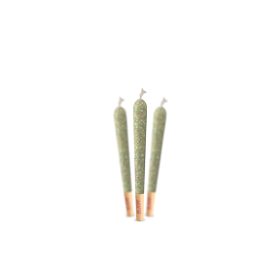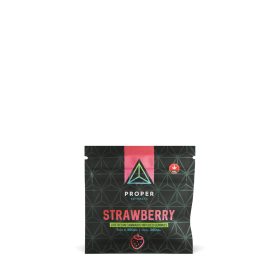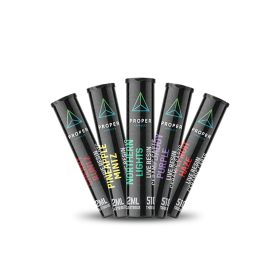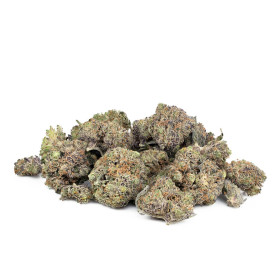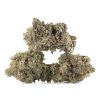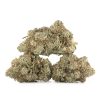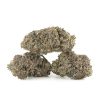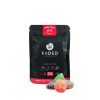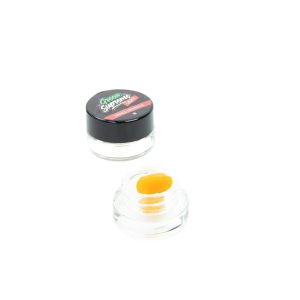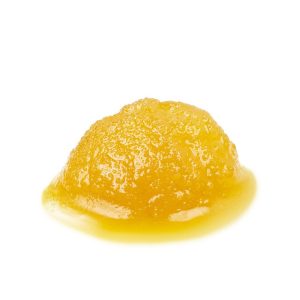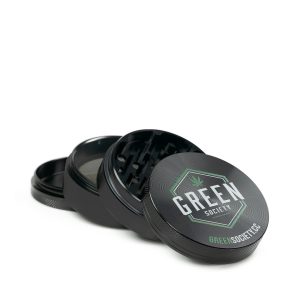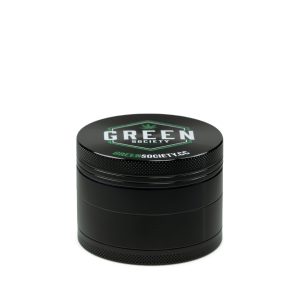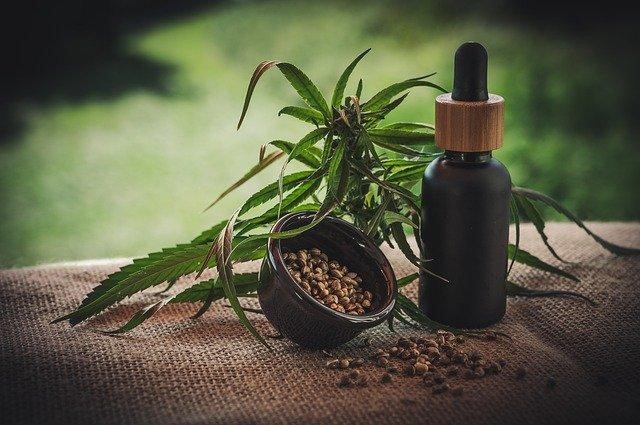Hemp is a plant-based product with a history spanning back thousands of years. In recent years, both cannabis and CBD products have experienced a boom in popularity. This surge in interest means it’s likely you have come into contact with at least some of them in your local supermarket.
What confuses most people is the terminology surrounding these products. Are cannabis and hemp the same thing? Is CBD code for cannabis? How do you use the plant, and is it good for you? Is it legal?
There’s a lot to unpack there. In this article, we will answer all those questions and more to put you in the best position as a consumer. Spoiler: you cannot make clothes from weed, not yet anyway.
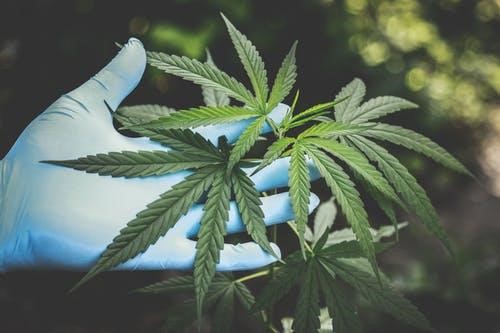
What Is Hemp?
Most of the confusion surrounding hemp and marijuana products is because they are all derivatives of the same plant. Cannabis sativa is responsible for producing hemp, CBD, and marijuana. It’s quite a versatile plant.
Hemp is an extract from the stem of the cannabis sativa. It is stringy in appearance, sort of similar to a celery stick.
Marijuana is an entirely different strain of the cannabis plant. The critical distinction here is that marijuana is the only derivative that can get you high because it contains THC.
CBD and hemp do not contain THC, which is why you can buy them in supermarkets as opposed to a specific online dispensary.
Hemp Products: An Overview
There are numerous products that you can create from this plant, all of which possess distinct benefits.
Oil
Hempseed oil, most often referred to simply as hemp oil, is a harvest from cold-pressed the plant’s seeds.
What is hemp oil good for? It is frequently an ingredient in topical treatments. It helps with inflammation and acne.
The oil and products containing it can help with skin conditions, such as:
- Eczema
- Lichen Planus
- Psoriasis
It also has a robust anti-bacterial function and manages the excess production of natural oils that can clog pores.
Protein
What is hemp protein? It may sound odd, but it’s a natural and useful source for many protein supplements. It consists of the plant’s seeds grounded into a fine, consumable powder.
This protein is one of the best plant-based protein supplements available. Its use is prevalent among athletes, bodybuilders, and people who want to build their muscle mass.
Its popularity comes from the muscle-building effects and nutritional qualities. Hemp protein also possesses all nine essential amino acids. It’s rich in healthy fats and minerals. For vegans, the product is appealing as an alternative to animal-derived nutrients.
Its protein levels are similar to egg-whites, without any of the preparation. Just add a couple of spoons to a drink of your choice, and you’re ready for an improved fitness session.
Milk
Alternatives to cow milk have been growing steadily in popularity for both dietary and environmental reasons. Among that list of alternatives is hemp milk.
So, what is hemp milk?
The milk is actually the liquid that comes from the plant’s whole seeds. It is rich in high-quality proteins, healthy minerals, and fats.
The milk has a thick consistency and a creamy, nutty flavour. You can use it for coffee, cereal, smoothies, or anything else that calls for milk.
Fibre
Hemp is the strongest plant fiber in the world, meaning it is entirely resistant to rot or abrasion. Before cannabis products faced such stringent scrutiny, hemp fibre was present in all manner of clothing, including military uniforms! Indeed, Levi Jeans made some of its earliest products using a sailcloth made of this fibre.
The fibre was also integral to the production of parachute webbing and baggage.
Nowadays, hemp fibre isn’t only helpful for cloth products, either. The composite material can produce the bodies of cars and stealth fighter jets. It’s pretty incredible stuff.
Hemp vs. Cannabis: What’s the Difference?
Because both hemp and marijuana are derivatives of the cannabis plant, people often confuse them. Out of the many misconceptions, the most notable is that hemp products will get you ‘high.’ It is not the case.
Cannabis affects both your brain and nervous system. It causes a distinct chain reaction within your endocannabinoid system, which responds to the tetrahydrocannabinol (THC) and cannabidiol (CBD) in marijuana strains.
THC can have potent psychoactive effects. THC is responsible for the ‘high’ effect commonly associated with the consumption of cannabis. CBD, on the other hand, has no such effect.
This distinction is where one of the most significant differences between hemp and marijuana resides. The former cannot get you high, as it possesses no THC. Both derivatives possess their benefits, but hemp won’t provide you with the euphoric or soothing sensation marijuana may provide.
Is Hemp Legal?
The cultivation, sale, and trade of hemp has been legal since 1998. The Canadian Food Inspection Agency regulates the seeds, their uses, and grading.
It is essential to note that although there are hemp-derived CBD products, CBD was not legal until the 2018 Cannabis Act. The Canadian government regulates CBD in all its forms.
Benefits of Hemp
Most benefits of this plant relate to dietary consumption or topical application (skincare).
Some of the scientifically proven benefits include:
- Fortified protein, vitamin, and amino acid intake.
- The plant’s seeds are high in arginine, which can reduce the risk of heart disease.
- The plant is high in fibre, which can aid the digestive system and minimize stomach cramps, among other symptoms associated with disordered digestion.
By all accounts, hemp products are a superfood. They may not get you high or provide any pain-relief, but they may benefit your body in the long-term when consumed as part of a balanced diet.
Final Thoughts
Hemp is one of the oldest materials available to man and is incredibly versatile in its use. It and marijuana share a similar genetic variation as cannabis sativa derivatives, but their similarities in action are minimal.
Hemp products won’t get you high, but they can improve your skin, reduce the risk of heart disease, and increase your protein intake. All sounds good to us!

